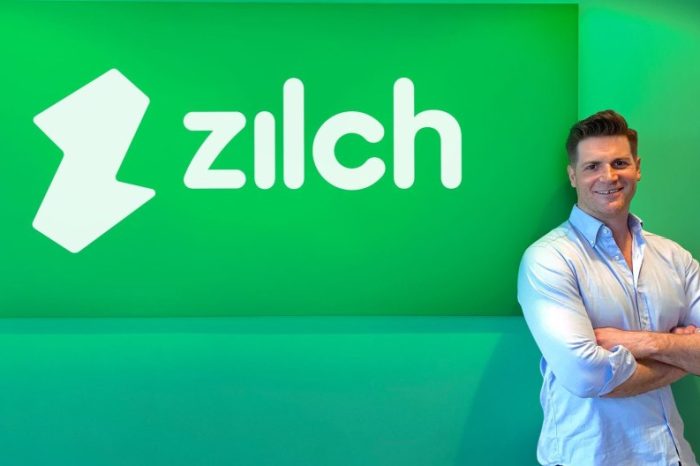Microsoft to buy 8 million carbon credits from BTG Pactual in a largest carbon removal deal ever

Microsoft has secured millions of carbon credits from Brazilian investment bank BTG Pactual, marking the largest carbon removal transaction on record. In an announcement on Wednesday, BTG Pactual’s forestry division said it has reached an agreement to sell 8 million carbon offset credits to Microsoft, bolstering the tech giant’s efforts to meet its ambitious sustainability objectives.
The BTG Pactual Timberland Investment Group (TIG) did not disclose the financial specifics of the deal, which MSCI Carbon Markets has identified as the largest known transaction of its kind to date, Reuters reported. Microsoft has yet to comment on the arrangement.
Carbon offsets enable companies to balance out some of their greenhouse gas emissions by funding activities that reduce emissions elsewhere. Each credit represents the reduction of one ton of carbon dioxide emissions, which corporations can leverage to achieve their climate targets. The credits Microsoft purchased from BTG Pactual TIG originate from forest restoration projects across Latin America.
This agreement is part of Microsoft’s broader strategy to combat climate change and achieve its net-zero carbon goal. As we reported last year, Microsoft reached a deal with carbon offset startup Chestnut Carbon to obtain credits linked to carbon dioxide removal from the atmosphere. Though financial details remain confidential, these credits are projected to equate to the removal of up to 2.7 million tons of carbon throughout the contract’s duration.

Under the 15-year agreement with Chestnut Carbon, Microsoft will acquire carbon removal credits from newly planted trees in the Mississippi Alluvial Valley. The first set of credits is anticipated to be delivered within three years, allowing time for the trees to mature.
Microsoft considers carbon removal efforts essential to its goal of becoming carbon-negative by 2030, which entails actively removing more greenhouse gases from the atmosphere than it emits. In 2022 alone, the tech giant contracted for over 1.4 million metric tons of carbon removal through a variety of methods, including afforestation and advanced technologies like direct air capture.
The growing awareness of climate change has spurred governments and organizations to take substantial measures against global warming. One effective strategy to mitigate climate change is afforestation, with forests playing a pivotal role in absorbing carbon dioxide. Annually, forests absorb around 2.6 billion tons of CO2, which constitutes about one-third of the global CO2 emissions.
A fintech startup has recently proposed an innovative approach to mitigating climate change through increased tree planting, highlighting the critical role of forests. However, while tree planting is a valuable component of climate action, it should not be the sole solution. Critics argue that an overreliance on offsets could detract from the urgent need to significantly reduce emissions at their source.
Nevertheless, Microsoft’s commitment to investing in both carbon removal and emissions reduction demonstrates a comprehensive approach to addressing the climate crisis. By balancing immediate emissions cuts with long-term carbon removal projects, Microsoft is setting a precedent for corporate responsibility in the fight against climate change.




